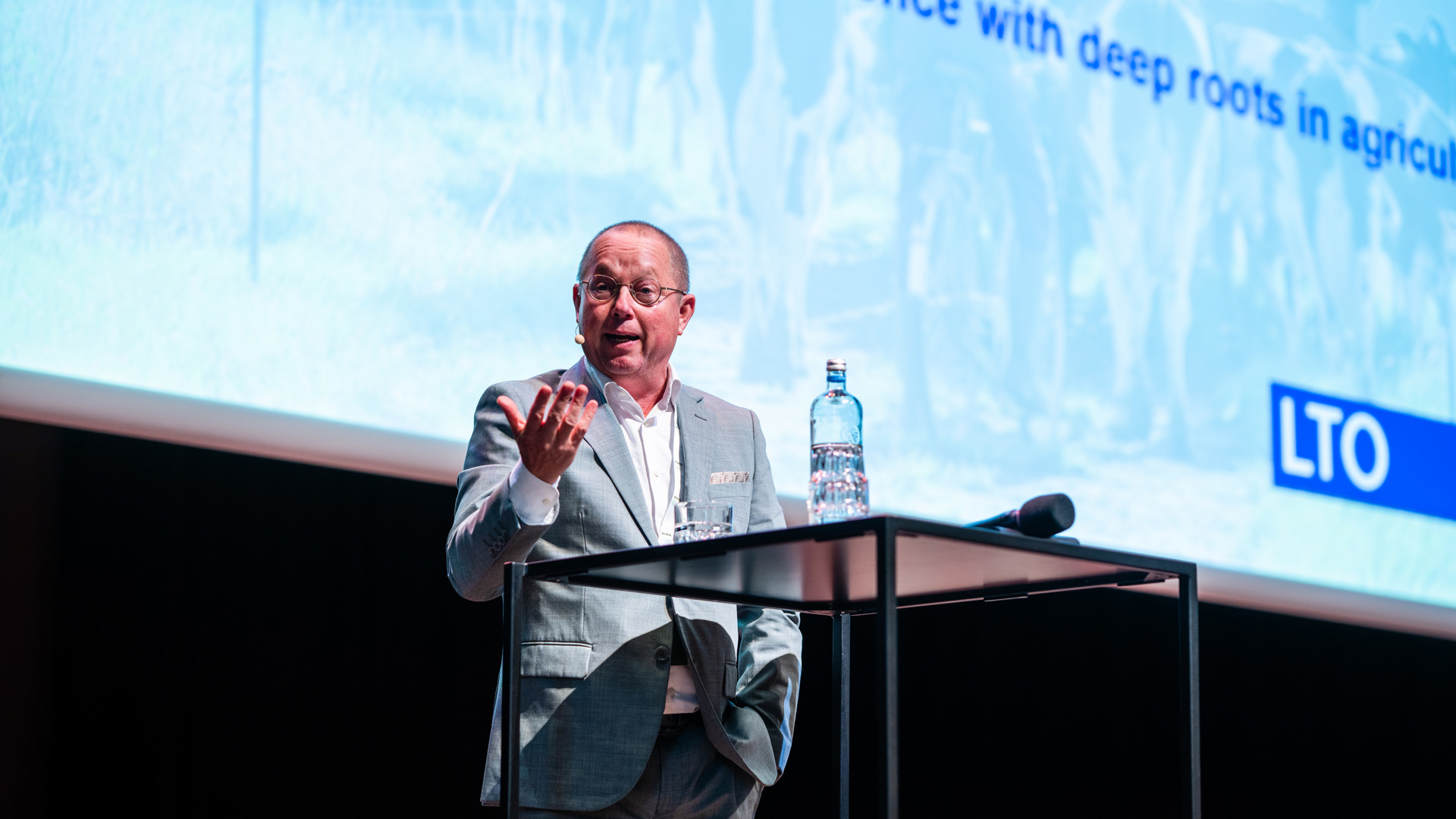
Upscaling and diversification
One of the most meaningful developments in the agricultural sector is upscaling. The number of Dutch farms has been declining, but businesses are getting bigger. In 2021 the average farm was 35 acre, an increase of almost 75% compared to 2000. Besides this trend, farmers expand their activities. For example, a dairy farmer also starts a milk processing business. That entails new risks like micro organisms causing food safety issues, which need to be insured too.
Energy and weather uncertainties
Furthermore, upscaling leads to innovation but also can require hiring employees, what comes with responsibilities as an employer. It also increases the need for energy, for example through solar panels or wind turbines. Those energy supply systems do carry risks. A blade from a wind turbine can fall off and solar panels can cause fires and harm the surrounding area.
And the weather is getting more unpredictable. Koopmans: “Farmers are dealing with more extreme weather conditions like storms, heavy rainfall or drought. And because these are risks that farmers cannot bear themselves, a refusal of insurability is therefore a major fear.”
Farm life in 2025 and beyond
These changes are making the life of farmers more complex. It contains various risks regarding employees, machinery, technology, buildings and production, which all are interdependent. And these various risks need to be addressed in order to ensure continuity and development for the future. “Thát is our daily reality”, emphasizes Koopmans.
Insurability
Insurability in the areas that Koopmans is mentioning above is becoming more challenging as insurers minimise their risk exposure, as evidenced by the many exclusions in policies. Insurers need to increase their scale in order to be able to absorb various (new) risks. And if a risk is too big, they will reinsure. But to obtain appropriate reinsurance they need a good understanding of the sector nowadays.
He continuous: “Within our association ‘LTO Businesses’ provides suitable insurance policies for members. In fact it operates as an intermediary, so it is important that the insurers behind it provide us with correct information. Only then we can offer suitable policies and ensure that our members take the right policy and the preventive measures needed.”
Food security for all
“The Dutch agricultural and horticultural sector in global food security is enormous. We do have the best farmers who are producing to the highest standards. And I want to mention that they are doing what they can manage themselves. But how to guarantee the continuity of their work if insurers no longer insure it?”, Koopmans asks.
“To deploy the right tools for prevention and new insurance concepts for future farming, we have to work together more closely. So, lets move forward together by sharing our expertise even better to increase the knowledge of insurers. That is crucial for a sector that is becoming even larger, broader and more complex. And don’t forget; our biggest fear is a ‘no’ to policy acceptance.”
How do we keep new risks insurable and premiums manageable? According to Koopmans this question must be the joint commitment to grow together in food security.
About the Dutch Agriculture and Horticulture Association
As the third largest employers' organisation in the Netherlands, the Dutch Agriculture and Horticulture Association (LTO Nederland) is helping to ensure good working conditions for everyone in the agricultural and horticultural sector. It represents over 30.000 members and consists of three regional organizations.